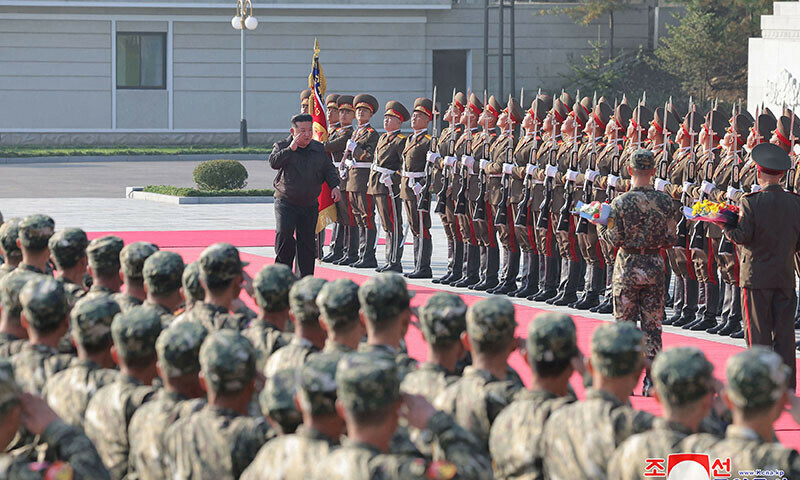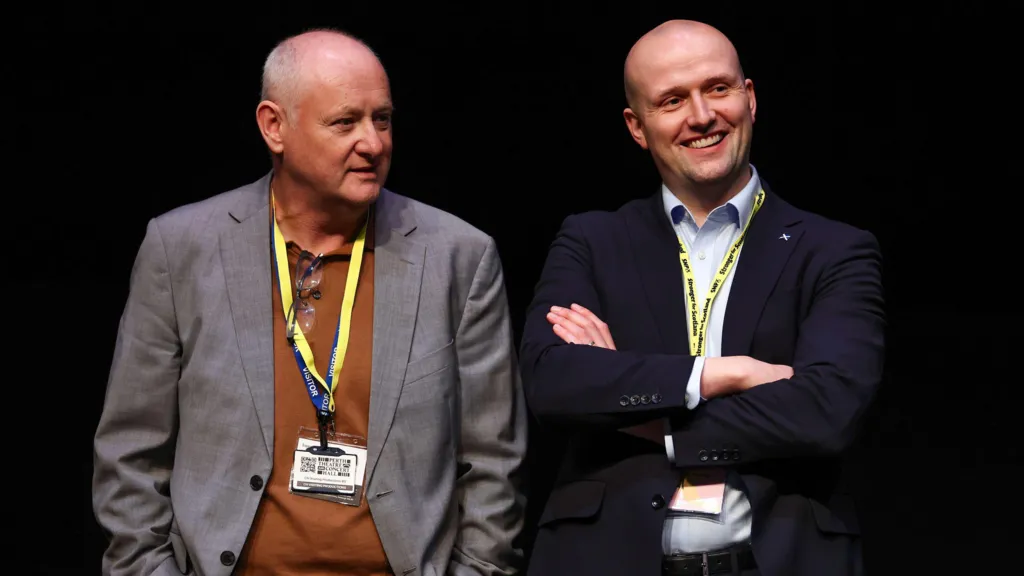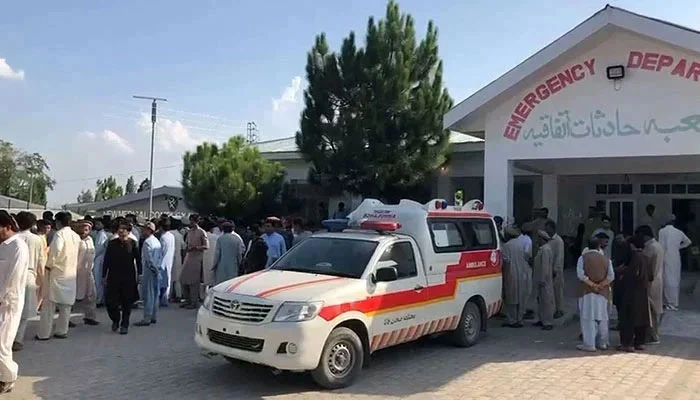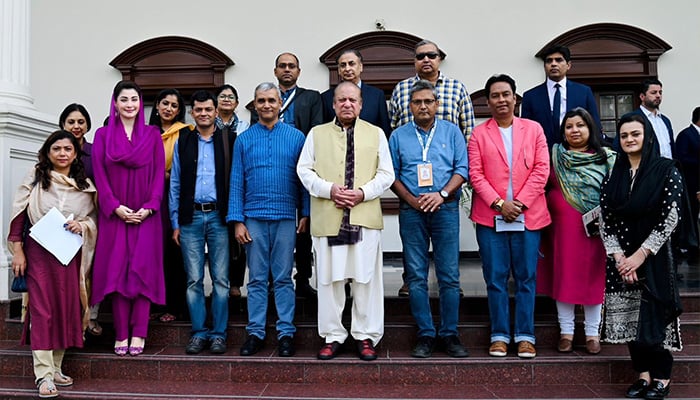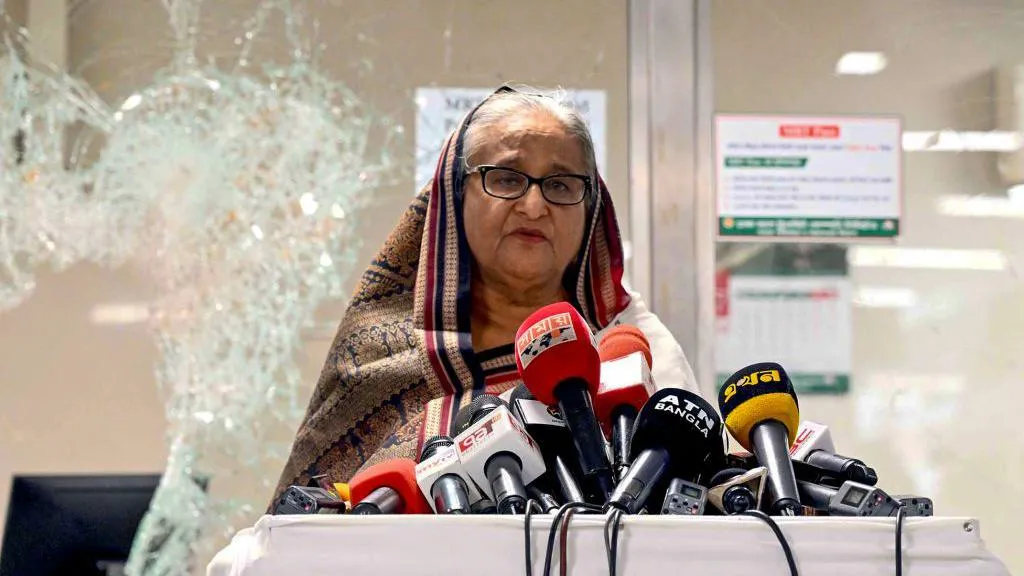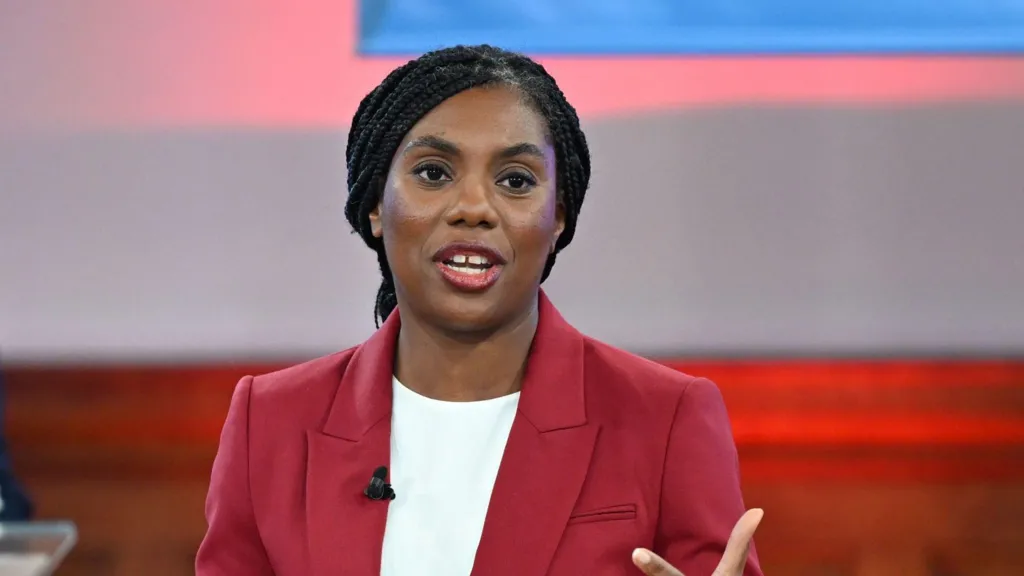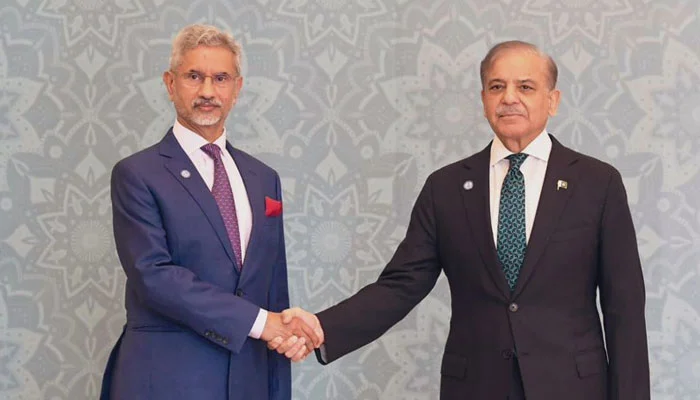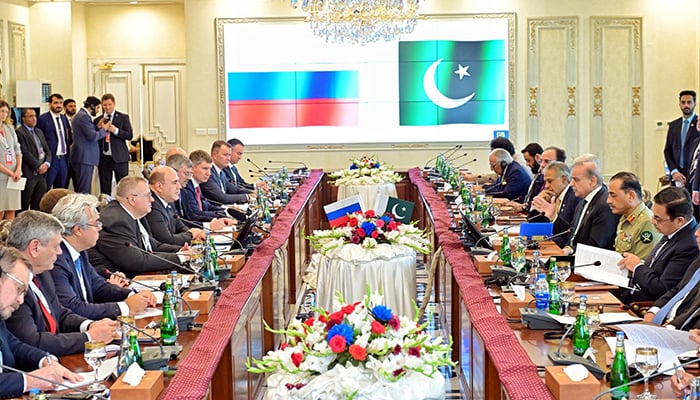Supporters of pro-Iran armed groups in Iraq ransacked the offices of a Saudi TV channel in Baghdad early Saturday, a security source said, after the broadcaster aired a report referring to commanders of Tehran-backed militant groups as “terrorists”.
Between 400 and 500 people attacked the Baghdad studios of Saudi broadcaster MBC after midnight.
“They wrecked the electronic equipment, the computers, and set fire to a part of the building,” an interior ministry source told AFP on condition of anonymity.
He said the fire had been extinguished and the crowd dispersed by police.
“Security forces are still deployed near the building,” he added.
Excerpts from an MBC programme had been making the rounds on Iraqi social media, sparking angry reactions from the pro-Iran camp.
The report had focused on “terrorism” in the region, and mentioned several groups and notable figures including, for instance, Osama bin Laden.
It also included groups belonging to the so-called Axis of Resistance backed by Tehran, which counts Hamas, Hezbollah and armed Iraqi factions among its members.
Named in the report were former Hezbollah leader Hassan Nasrallah, who was killed by Israel in Beirut last month, and former Hamas political leader Ismail Haniyeh, who was killed in Tehran in July.
It also referred to Haniyeh’s successor, Hamas chief Yahya Sinwar, who masterminded the October 7 attack on Israel and was killed Thursday in Gaza, as the “new face of terrorism”.
The report came at a time when Iran-backed groups — most notably Hamas and Hezbollah, but also their allies in Yemen, Iraq and Syria — have been at war with Israel for more than a year.
The Sabreen News channel, which is close to pro-Iran factions in Iraq, distributed videos on Telegram of protesters in Baghdad brandishing the flags of various armed groups.
The Iraqi government is led by a pro-Iran majority, and has made diplomatic efforts to stay out of the regional conflict.
However, the so-called Islamic Resistance in Iraq, a nebulous group of pro-Iran armed groups, claims responsibility for frequent drone attacks against Israel.
Iran and Saudi Arabia have long been regional rivals, but began a rapprochement in 2023.
The war in Gaza, meanwhile, has put an end to discussions about Saudi Arabia potentially recognizing Israel.




